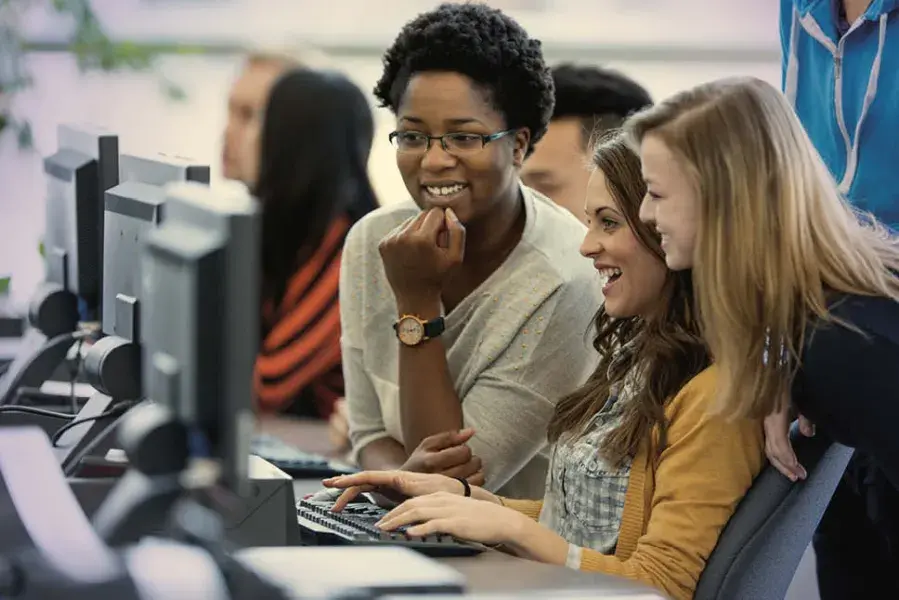With increased technology and research, new approaches to learning show that non-traditional methods of teaching may benefit students’ diverse styles of learning. This approach, called brain-based learning, focuses on activities that allow students to be active while learning.
What is the Definition of Brain-Based Learning?
The Florida Education Association (FEA) defines brain-based learning as “the engagement of strategies based on how our brain works.” All learning enters the brain via the senses, so students who are anxious, stressed, or hungry are not ready for learning. Excellent educators prime their students to receive information – they set the stage by informing learners what is to follow and creating excitement about the topic in novel ways. Cognitive studies take the approach of integrating brain-based learning strategies into every learning situation. Strategies include movement, socialization, games, and simulations.
3 Brain-based Strategies
1. Movement
The recognition that movement is vital to learning is an important strategy in brain-based learning. In one case study, a mother noticed that when her six-year old could move around the room, he could count to 1000; however, when forced to sit down to recite the numbers, he could barely count to ten. Physical movement releases stress and also gives the brain time to process information learned during the day. Utilizing physical education classes, recess, field trips, and allowing movement within classrooms are all good ways to refresh and release chemicals in the brain that are important to learning.
To help in this regard, most preschools and early childhood schools utilize learning centers in their classrooms to include a role-play/drama area, a computer corner, quiet/reading space, and a manipulative center, with students rotating to a different center throughout the day. Even high schools have started to allow more movement around the classroom with desks that are grouped as opposed to in a row.
2. Socialization
Another helpful strategy for enhancing brain-based learning is socialization. We can all remember the days when passing a note in class was grounds for heading to the principal’s office. Now, excellent educators realize that student collaboration and peer-to-peer learning can optimize mastery of course concepts. Grouping students who represent a diverse mix of genders, cultures, and mastery of the subject can enhance learning for everybody. A mix of students to group might look like: one advanced female with two mid-level mastery students (female and male) and one student (male) who is approaching mastery. This combination will ensure that a group develops teamwork and collaboration skills. Teachers then become the classroom facilitators, checking in on each group’s progress instead of lecturing. Group projects help develop invaluable career skills such as leadership, communication, research, and the teamwork necessary to work together to find solutions to problems.
3. Games and Simulations
A third brain-based strategy is to use games and simulations. Unlike traditional education where there is one right answer, in the world of gaming and simulations, students learn that failure is an option. For instance, students might play Farm Heroes almost every day and get stuck on a different level every week. However, by making games and simulations fun, interesting, and age appropriate, students will want to keep playing until they master each level and get to move on to a more challenging one. Games and simulations help to scaffold learning which enables learners to move on to more progressive steps of mastery.
There are many strategies to enhance learning but having a tool kit of brain-based strategies will enable educators to find diverse ways of building inclusive lessons to reach each and every learner.
--
Written by Maureen K. Lienau, PhD, former Chair, Cognitive Studies at UAGC
References
Florida Education Association (n.d.). What is Brain-Based Learning? Retrieved from: https://feaweb.org/brain-based-learning-strategies
